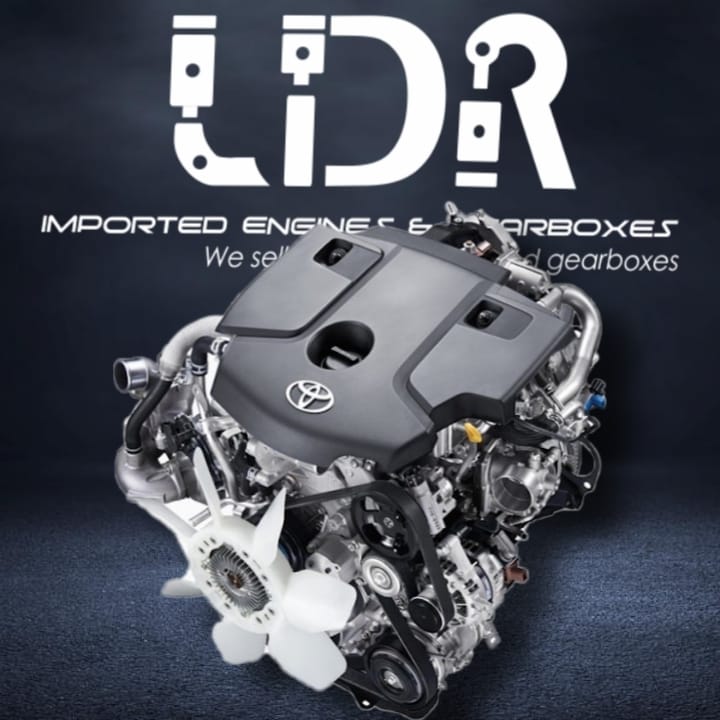Engine Buying Professional Tips on Picking the Right Engine for Your Details Needs
Picking the ideal engine for your certain requirements includes an intricate interaction of elements that surpass plain horsepower numbers. From power outcome to fuel efficiency, the decision-making procedure can be intimidating. Recognizing the nuances of engine kinds, dimensions, and their compatibility with your vehicle is vital. Nonetheless, there are professional ideas that can aid browse this terrain with confidence. By delving into the complexities of power versus performance, reviewing fuel rankings, and budgeting for lasting prices, one can truly maximize their engine option.
Power Vs. Effectiveness: Finding the Equilibrium
When choosing an engine, it is essential to strike a balance in between power and performance to satisfy your specific needs effectively. Power refers to the engine's ability to produce energy for propulsion, establishing aspects like acceleration, hauling capacity, and general performance (Toyota Tazz Engine For Sale). On the other hand, performance associates with just how well the engine utilizes gas to generate power, impacting elements such as fuel economic situation and environmental kindness
Accomplishing the appropriate balance in between power and performance is essential because an engine that is as well effective may consume too much gas, bring about higher operating expense and unneeded stress on the atmosphere. On the other hand, an engine that prioritizes efficiency over power may result in sluggish performance, specifically sought after situations like hauling heavy loads or driving uphill.
To make an informed decision, think about aspects such as your typical driving problems, the designated use the car, and your personal preferences. By examining your needs and top priorities, you can pick an engine that strikes the best equilibrium between power and effectiveness, making certain optimum performance while decreasing environmental effect and operating expense.
Understanding Engine Size and Kind

Furthermore, engine type plays a crucial function in figuring out the efficiency features of an engine. Usual engine types include inline engines, V engines, and rotating engines, each with its special benefits and downsides. The engine type influences factors such as the engine's size, weight circulation, and power shipment. Comprehending the interaction in between engine dimension and type is important in choosing an engine that straightens with your specific needs and priorities, whether it be power, effectiveness, or a balance of both.
Consider Your Automobile's Requirements
If you are looking for an engine for a durable vehicle that will be used for towing, you will require an effective engine with high torque capabilities. On the other hand, if you are choosing an engine for a small auto mainly utilized for city travelling, gas why not try here performance might be an extra critical element to think about.

Reviewing Fuel Effectiveness Scores
Examining gas effectiveness scores is a crucial aspect of selecting the right engine for your vehicle, guaranteeing expense savings and ecological sustainability. Gas performance rankings, commonly measured in miles per gallon (MPG) for fuel engines or kilowatt-hours per 100 miles (kWh/100 miles) for electrical engines, show just how far a vehicle can travel on a particular amount of gas or electricity. Greater MPG or reduced kWh/100 miles values indicate extra efficient engines, converting to reduced gas expenses and lower carbon emissions.
Additionally, contrast various engine choices within the same lorry class to identify the most affordable option. Variables such as engine size, weight, aerodynamics, and crossbreed or electric capabilities can all influence gas effectiveness.
Budgeting for Long-Term Prices
Purposefully planning for long-lasting expenditures is important when selecting an engine, ensuring monetary sustainability over the car's life-span. While the preliminary acquisition cost of an engine is a considerable variable, it is important to think about the long-lasting prices related to maintenance, repairs, and gas usage. Choosing a much more fuel-efficient engine might have a greater ahead of time price yet can lead to substantial cost savings in time. Normal maintenance, such as oil adjustments, filter substitutes, and tune-ups, is vital to maintain the engine running efficiently and successfully, minimizing the risk of costly repair services down the line.
Moreover, looking into the accessibility and cost of substitute components for the chosen engine is important in budget preparation. By thoroughly budgeting for these lasting expenses and factoring them right into the decision-making process, people can pick an engine that find this not just satisfies their instant demands however additionally continues to be affordable throughout its lifespan.
Final Thought
To conclude, picking the best engine for your details needs calls for balancing power and effectiveness, understanding engine size and kind, considering your lorry's requirements, examining gas efficiency ratings, and budgeting for long-lasting costs. By meticulously thinking about these variables, you can guarantee that you select click for info an engine that fulfills your requirements and supplies optimal performance for your automobile.
To further refine the option procedure of an engine that strikes the optimum equilibrium between power and effectiveness, it is essential to delve right into the details of understanding engine dimension and kind. Engine size refers to the overall quantity of air and fuel that can be pressed through the engine cyndrical tubes. Typical engine kinds include inline engines, V engines, and rotary engines, each with its one-of-a-kind benefits and downsides. Recognizing the interaction in between engine dimension and kind is crucial in picking an engine that aligns with your certain needs and concerns, whether it be power, performance, or an equilibrium of both.
Gas effectiveness rankings, usually gauged in miles per gallon (MPG) for gasoline engines or kilowatt-hours per 100 miles (kWh/100 miles) for electric engines, indicate how far an automobile can travel on a particular amount of gas or power.